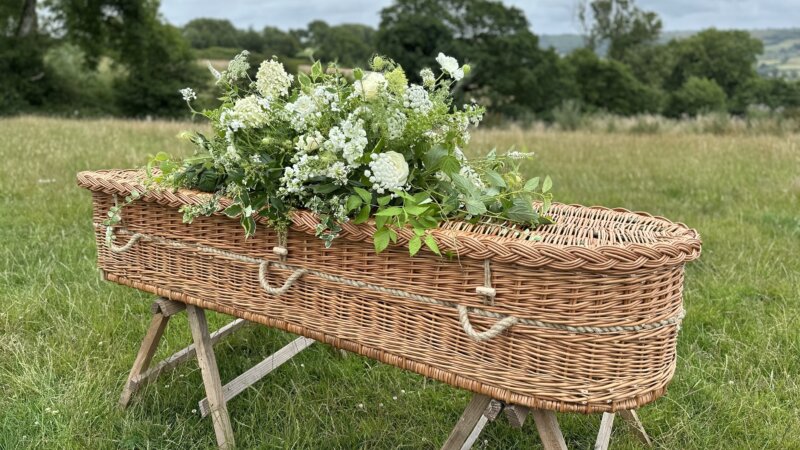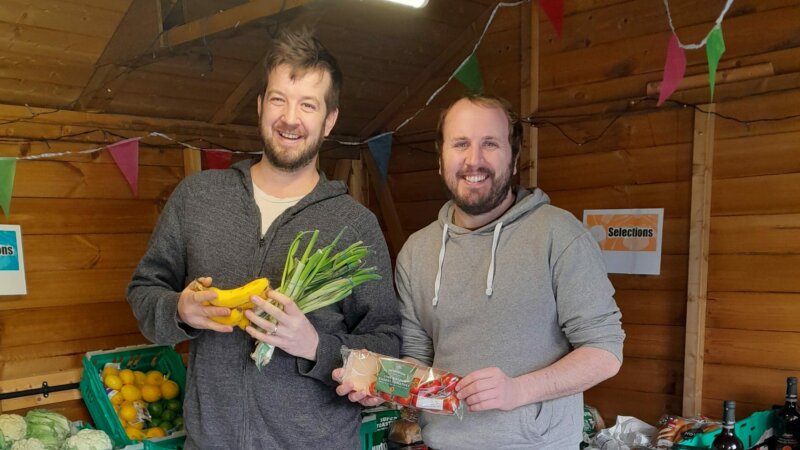Timewalk: I Want to Start a Heritage Revolution
I started Timewalk Project five years ago with the idea of mapping out Sheffield's historic sites and linking them to history groups – but it turns out that a lot more happens when you start doing that.
People came to me thanking me for putting their neighbourhood on the map. I discovered heritage is powerful. People like it because it gives them an identity and a feeling of continuity. Equally, if local institutions ignore it, bulldoze it without thought, they disconnect people and leave them feeling powerless.
In Sheffield and its surrounding areas, there is a wealth of culture that goes back centuries. If we were in Austria, we would be bringing busloads of tourists to visit the medieval churches, watch the Sword Dances and listen to the Sheffield Carols. Sheffield's history is buried under a national curriculum that talks about Mayan culture, not Wincobank, the outpost of the Brigantes, one of the most important iron-age kingdoms; the wonders of the pyramids, not the 200 waterwheels that built the Industrial Revolution. There is talk of decay, not continuity. The old is demolished and with it people's self worth. They and their ancestors worked hard in the mines and the steelworks. They risked their lives to build this modern world and now they are told their histories have no worth.
I want to convince everybody that their histories matter, and that includes those who have just arrived and those who have been here for generations. Let's be proud of what makes Sheffield Sheffield. It's not perfect, but where is? I want us to use the greatest assets we have, our heritage and our people, and that includes all the people here, of all ethnicities, genders and religions.
Heritage is something that can evoke strong feelings within a community, but often not in local politicians. It also has a lot of useful properties. Many old buildings have a resilience and an adaptability that newer buildings lack. They are more likely to house start-up businesses and creative industries. They are more likely to be at the centre of a community. Sheffield has more independent businesses, more social enterprises and more voluntary workers than many other cities. In monetary terms that fact is worth millions and is an important part of Sheffield's economy. Organisations like DeHood boxing gym at Manor Top are supporting the local community, but are at risk because the Council is considering sale of their building to a developer. A more cohesive community means lower crime, better mental health and lower costs for social services and care. Sale of an old building to a developer brings a small cash influx and then it’s spent.
Over the years, shifts in family structures have meant communities have changed and often support that was previously supplied within the family and the community has become the concern of local or central government. Since the cuts in funding, many vulnerable people have been left without support, but there are non-profit organisations that are stepping in. Using heritage and community can help reach sources of funding that our services can't.
It's time to take action - to create a Heritage Neighbourhood Watch to keep an eye on our important buildings, to demand that they are protected, not neglected, sold off or demolished. No more decisions behind closed doors. It is our heritage.
Read 'Heritage Is An Asset', a paper by Joyce, on the Centre For Welfare Reform website
timewalk.btck.co.uk )








